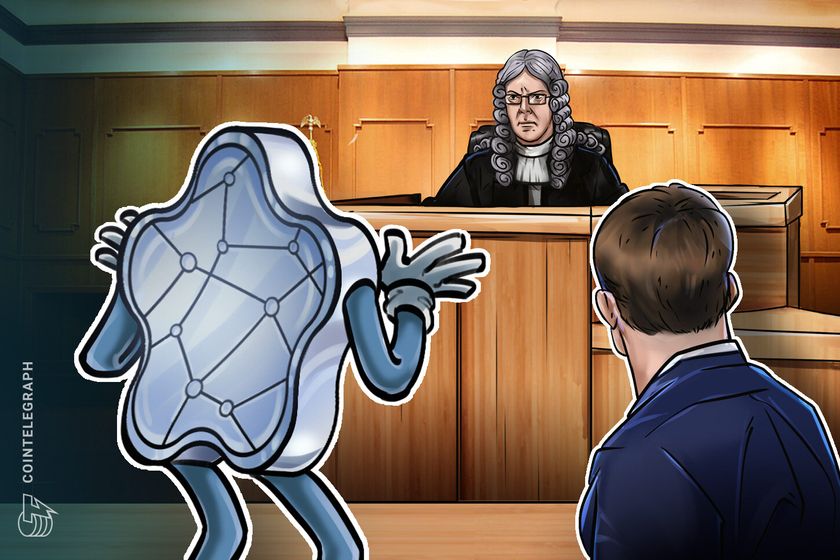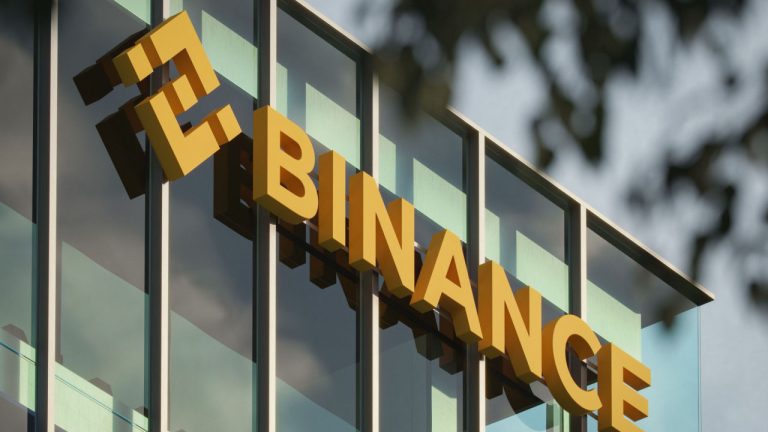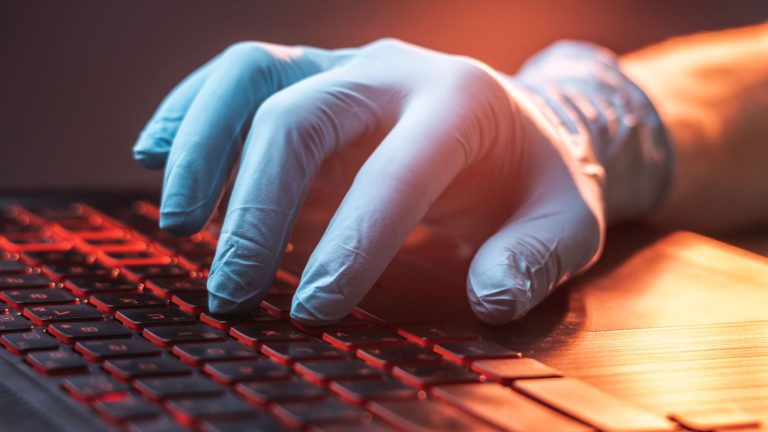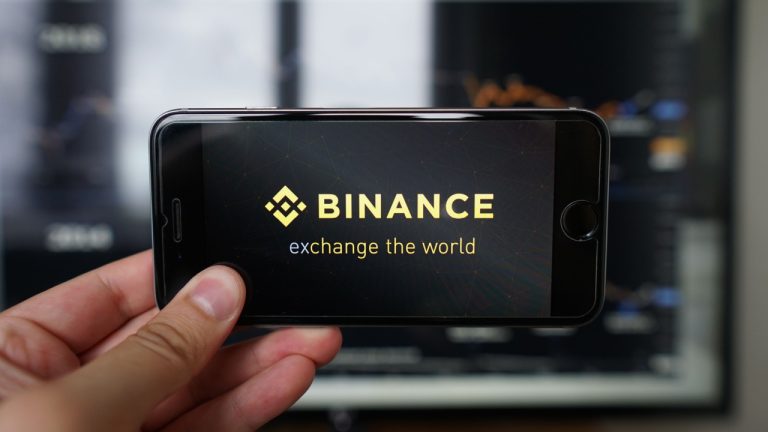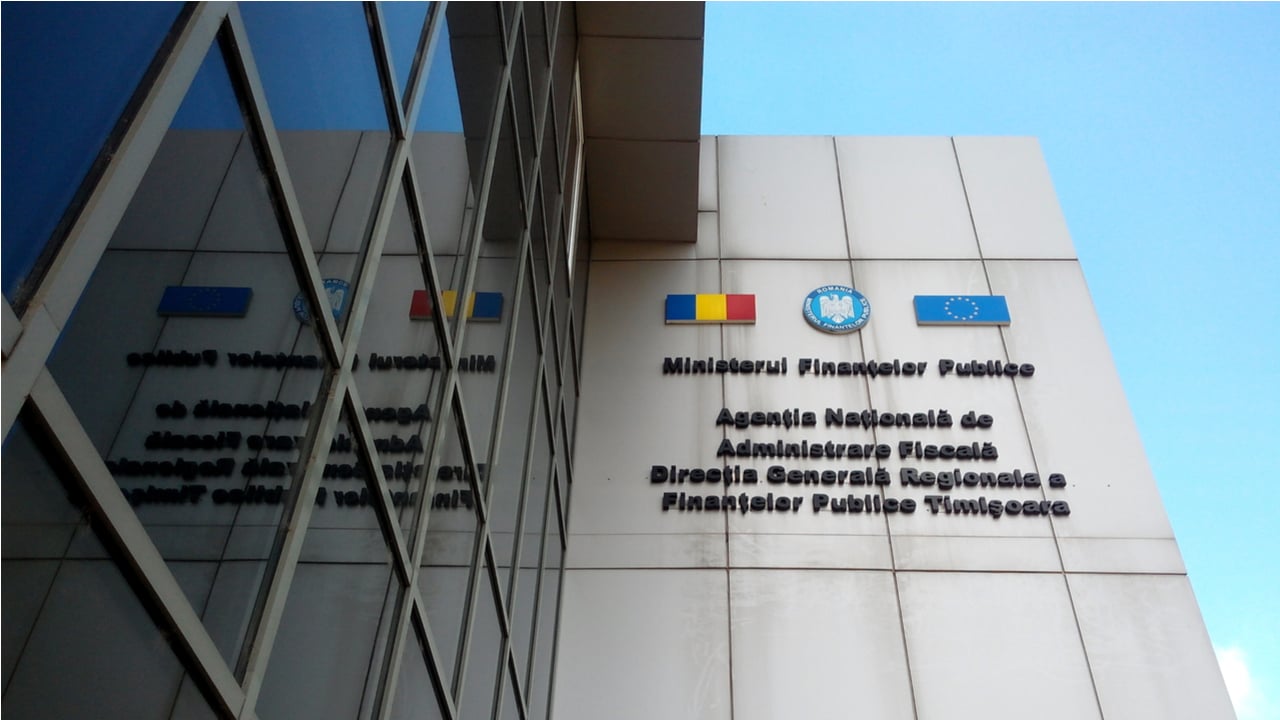
Sabin Dima, the CEO and founder of Humans.Ai, said that with the right implementation, governments could use AI to enhance public services and policies.
Artificial intelligence (AI) has been a talking point for governments and thought leaders worldwide since ChatGPT emerged in late November 2022. While some question the ramifications of AI becoming a mainstay in society, others are embracing the technology head-on.
Recently, the Romanian government unveiled a new AI chatbot, Ion, created to source community concerns and opinions to develop policy recommendations based on collected data.
Cointelegraph spoke with Sabin Dima, the founder and CEO of Humans.ai — the company behind Ion — to better understand what government integration of AI could mean for the communities it serves.
Dima started by highlighting the strength of AI, comparing it with nuclear power in the sense that it can “be either an atomic bomb or a nuclear plant, depending on the framework.”
“The potential benefits of AI are substantial and further exploration of its application in the public sector is warranted for enhancing public services, policies, and to improve citizens’ lives.”
Using the Ion initiative as an example, Dima explained that he and his team essentially asked the Romanian people to train the AI, which started with zero data.
According to the Humans.ai CEO, the application had nearly a million visits and “hundreds of thousands of interactions” within the first week.
“Ion has this skill to absorb a huge amount of information and fill this gap between people’s opinions and the government.”
Dima said that AI could “modernize” the process of collecting data on citizen needs and engagement to help governments around the world make more informed, “evidence-based” policy decisions.
“By embracing AI responsibly,” he continued, “we can transform policies to better serve our societies.”
Romania is also one of the 27 member states of the European Union, which is currently in the process of finalizing the Artificial Intelligence Act for generative AI tools.
The legislation includes guidelines for developers, a ranking system of the risk AI tools pose and, after the recent round of voting, a new ban on the public use of biometric surveillance and policing.
Dima commented on the forthcoming regulations, saying they are generally “welcomed” by the industry and that ethics should play a major role in AI development. In the case of the Ion initiative, he said:
“We are representing the Romanian people, which is a huge responsibility on our shoulders.”
According to Dima, to best serve the public with AI, the team consults an independent ethical council comprising e-government experts and researchers in the field, and only trains the model on information that has been proactively shared by citizens.
Related: Emerging tech to create ‘new ethics’ for humankind: MEWS 2023
Therefore when officials have “conversations with the data,” it can more accurately represent the public. “They are talking with Ion as if they are talking with 90 million Romanians,” he said.
Other governments around the world are also looking into regulating and utilizing the technology, including the United States, the United Kingdom and Germany, among others.
Humans.ai is in the process of launching a new blockchain ecosystem for AI deployment, which Dima says can create a “trustless environment” where ownership of AI or AI properties, like voice tracks, is “undebatable.”
He said AI, combined with blockchain, will help create a concept of “proof-of-human,” proving that there is a human on the other side of what is being done.
Magazine: ‘Moral responsibility’: Can blockchain really improve trust in AI?
